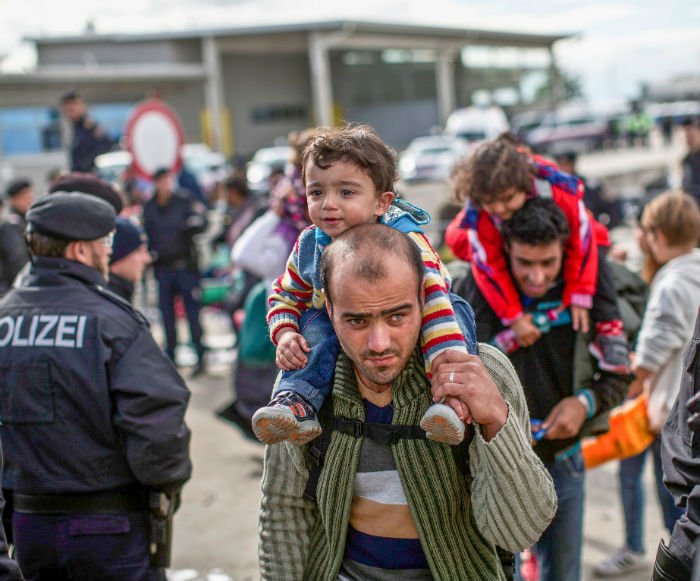The World Bank has pledged to give a $100 million (US) loan to help create 100,000 jobs in Jordan for Syrian refugees and its own citizens.
The long-term loan has a very low interest rate and is part of the international community’s efforts to improve the quality of life of refugees in struggling host countries.
Since the Syrian conflict began in 2011, over 4.8 million Syrians have had to flee their home country. If lucky, they’re able to find safety in another country, but are often stuck in camps with no reliable income to support their families and no easy way to integrate or even enter the broader society.
Around 1.4 million refugees are estimated to have landed in Jordan. Nada Sidani, a Canadian nurse, told CTV news that the conditions in the camps were “utterly inhumane.” She told the reporter that, "People are living in temperatures between 4C and 5C. These are the temperatures we use to preserve meat and cheese in our fridges.”She continued: "People ask me about the camps. How can I talk about the smell of urine and feces because of the poor sanitary conditions?"

With conditions like these, it creates barriers for refugee families to find reliable employment.
Margaret Eaton, executive director at the Toronto Region Immigrant Employment Council (TRIEC), explained how refugees struggle to find jobs, “Skilled newcomers experience many challenges in getting suitable employment, including lack of recognition by employers of their experience and education, language and cultural differences, and unconscious bias against those who are perceived to be different.”
Cheap loans, like the one World Bank President Jim Yong Kim and UN Secretary-General Ban Ki-moon announced on their visit to the region last week, help to improve this situation by financing education and job programs for refugees in the region.
Kim also announced that along with the loan to Jordan, Lebanon would be receiving $100 million to ensure universal school enrollment for Lebanese and Syrian refugee children by 2017.

The money that is being given to these programs comes from a special fund that is usually reserved for the world’s poorest countries.
Kim reasoned that, "We are taking money from that fund and giving it to a middle income country because Jordan has taken such extraordinary measures."
Although this short-term solution will help change the lives of many people, it is important to be wary of the trend of richer countries taking funds designed for poor countries and allocating them instead to the refugee crisis. The better solution would be to secure new ways of funding so that people struggling in other places are not suddenly deprived of aid.
100,000 jobs is a very ambitious target and it’s uncertain if it can be achieved. But Jordan has created special economic zones where it hopes improved trade relations with Europe will lead to greater investment and eventually more jobs. Using the loans to invest in resources, support infrastructure and general living conditions will go a long way to making this a reality, but it’s easy to see how such a big project can get derailed.
In the future, The World Bank and other donors hope to offer $3 to $4 billion in cheap loans to refugee host countries, with international donors buying down the interest.
It takes a while for refugees to integrate in a host country. To ensure that this integration is successful, donor countries have to keep aid levels steady for years to come.